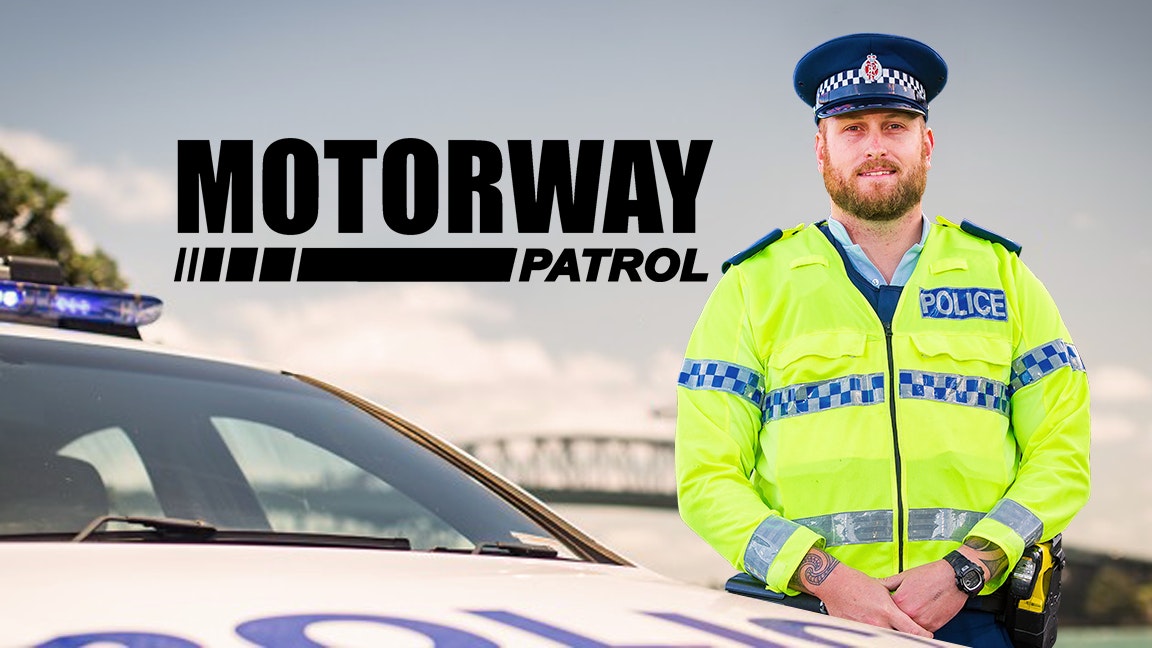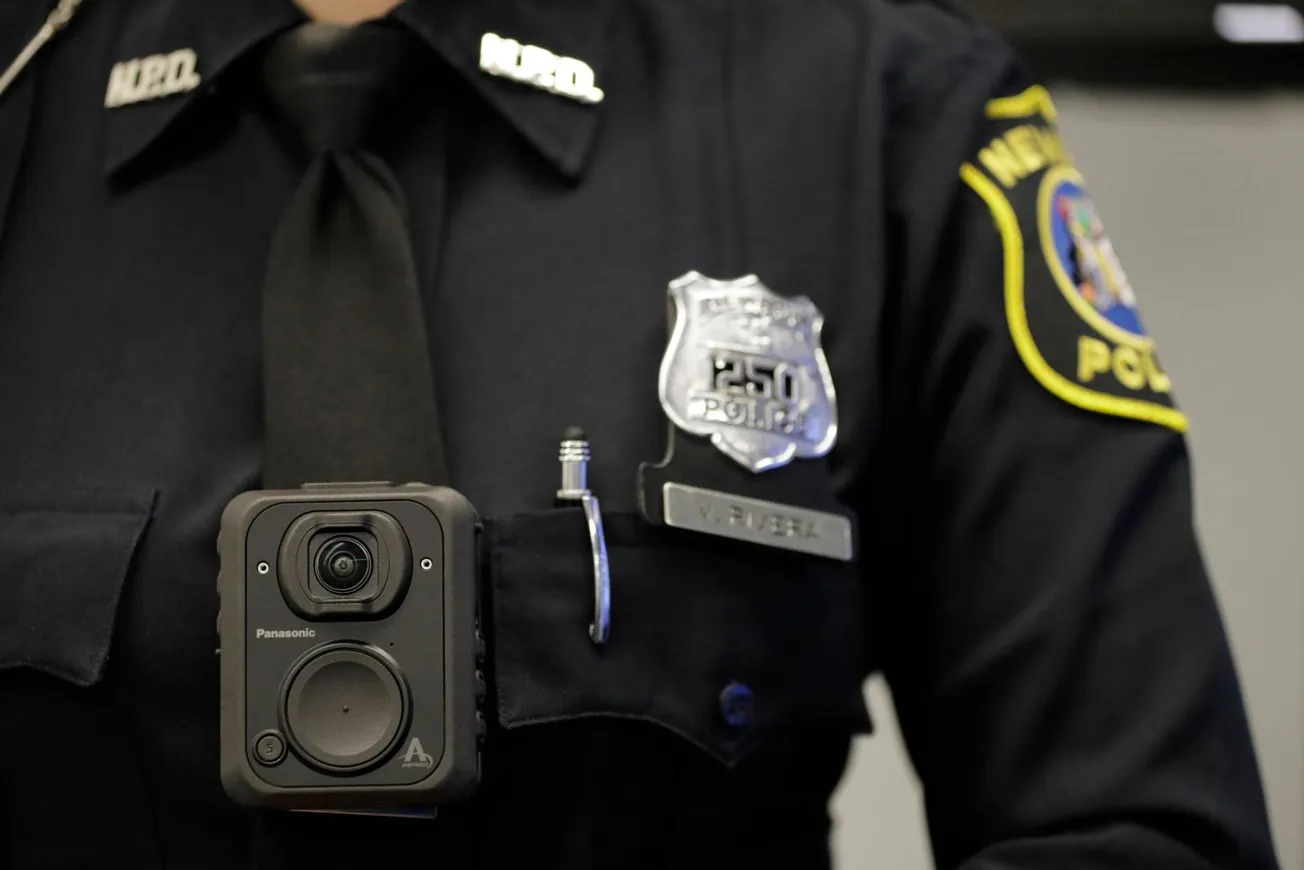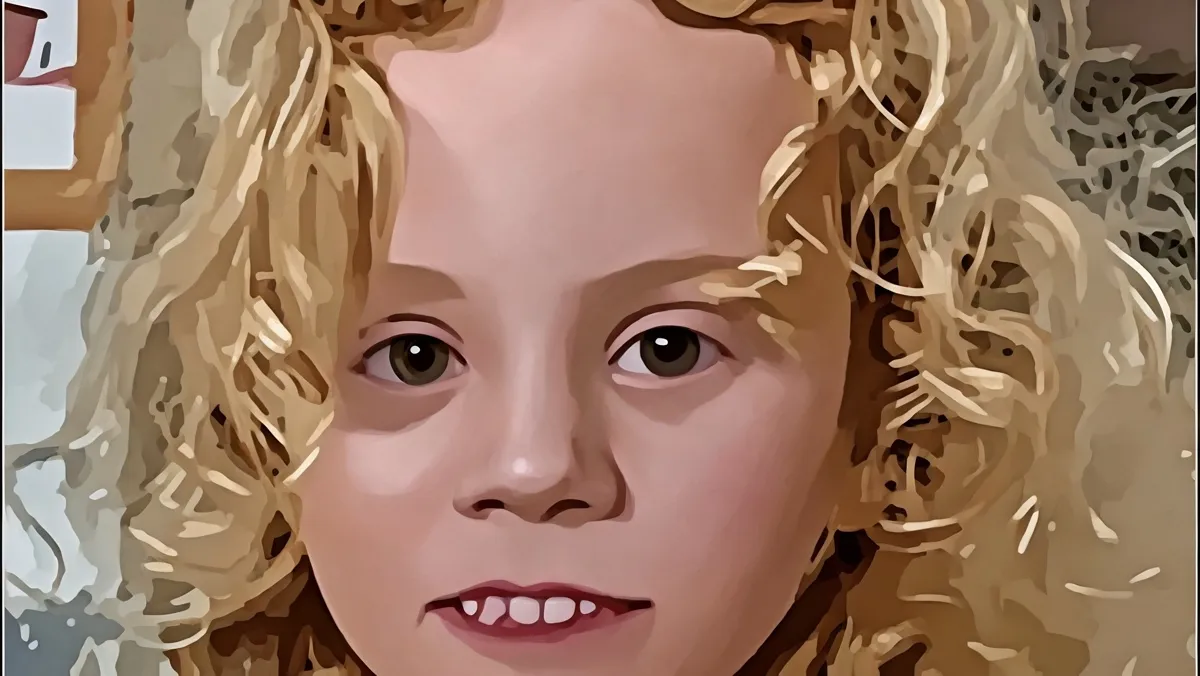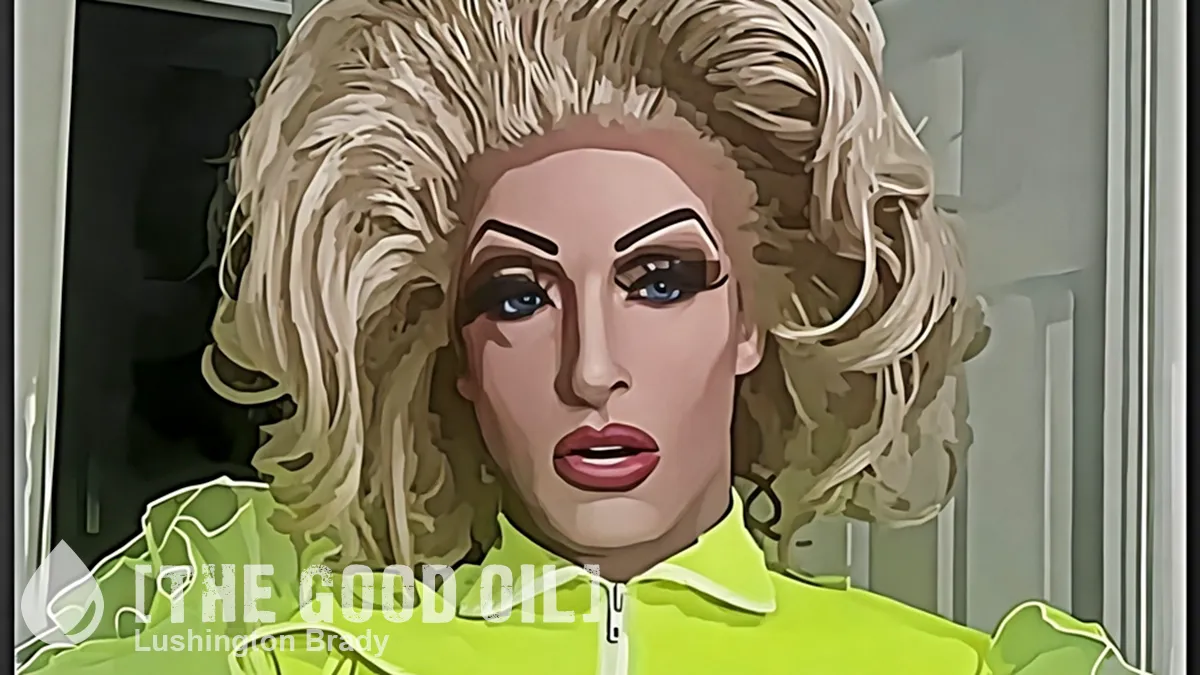Table of Contents
Years ago, well, in 1996 to be precise, there was a programme on TV3 in New Zealand by the name of Police Stop! It was a spin-off of a UK show of the same name where Police in-car camera footage was used to create what was really one of the first ‘Reality TV’ shows. Our version was cooler than the UK version though as we used racing icon Peter Brock to front it!
As is usual for these things, other shows came and went and Motorway Patrol has been with us for many years now, showcasing the nation’s hopeless drivers, roaring drunks and general oddities that are everyday occurrences on our roads.

Motorway Patrol differed from many of the other similar shows in that they put an actual cameraman into the patrol car to film, rather than just relying on static footage from the vehicle. This led to a much more interesting show of course, but it came with problems too, particularly for the cops who were being filmed.
Now one of my claims to fame is that, back in the day, I was one of the first cops to be filmed for this show. We had done a couple of different shows over the years, including a fly on the wall type documentary called ‘Crash!’ which followed our daily lives as Serious Crash Investigators and led to the show ‘SCU’.
Aside from becoming a minor celebrity and being occasionally recognised in the local mall and receiving much ribbing from my mates, nothing too negative came from my time on the telly with these various shows, but one incident led me to refuse to take part any longer.
One afternoon I was on patrol with my cameraman in an unmarked vehicle on the Auckland motorway southbound, at St Mary’s Bay. I noticed a vehicle stopped partially in the slow lane over on the northbound lanes so whacked the red and blues on, quickly exited at Fanshawe St then re-joined the motorway to head north to assist.
Traffic was starting to back up, which is dangerous as it inevitably leads to nose to tail crashes further back, so I parked in the lane behind the stricken car to protect them, jumped out, ran to the driver and after giving quick instructions, was able to move the car to the shoulder thereby freeing up the lanes and making the whole deal safer.
This was all recorded by my trusty cameraman and after getting the stranded motorist the help needed, popped back in to my office where I immediately dobbed myself in to my Sergeant.
You see I had made the cardinal sin of not putting on my dayglo jacket as I jumped out of the patrol car and I knew this would come back to haunt me. I explained to my boss that I knew I had broken the OSH rules and it was simply because I had to act quickly to clear the obstruction from the motorway and it had slipped my mind. I promised to be a good little public servant and never forget to wear it again and thought that would be the end of it.
But no, ten months later the segment aired. The very next morning I was summoned to the big bosses office for a dressing down. I had been seen on TV committing a sin and I was to be punished. I don’t recall now what penance I had to pay but, having already acknowledged my sins ten months earlier and having already received my admonition, naturally I wasn’t too happy with this turn of events. This led to much grief and gnashing of teeth on the part of the bosses who even tried to suggest that it was a ‘lawful order’ to force me to take a cameraman out, even putting that in writing. They agreed however that I couldn’t be forced to wear a microphone, so future footage was pretty much worthless. Eventually, I won the right to refuse to take part in any further filming and my celebrity gradually, and thankfully, waned.
Now all this has come back to mind due to the question of the police wearing body cameras. Many members of the public can see no issue with cops being forced to wear a camera on their person. In overseas jurisdictions, they have been the norm for some years now. The argument tends to go along the lines of, “If you haven’t done anything wrong, what’s the problem? Surely the benefits outweigh the potential issues?”

But my question is this, if we expect our Police to wear body cameras, what safeguards will be put in place to protect those officers from undue scrutiny?
A writer of a letter to the editor in the latest Police News publication points out some of the pitfalls. From his own experience working in an Australian Police Force, he suggests all may not be well.
Apparently over there, cops are being reprimanded for forgetting to activate their cameras, and have been censured for making negative comments about their supervisors, for not holstering a Taser soon enough, and in a case reminicient of my own small ordeal, at least one for not wearing his police hat. (Oh so many times I have been in trouble for that one!)
He also advises that courts are now demanding body worn camera footage instead of police statements and evidence! As he says…
Be careful what you wish for.
Shane McCORMACK NT, AUSTRALIA.
Video camera footage can be a great aid for a police officer when attempting to secure convictions but, at the end of the day, it should only be one form of evidence. They say the camera never lies, but as anyone who has ever tried to take a photo with a digital camera knows, the camera will make all sorts of adjustments by itself, particularly with lighting.
The digital cameras can see in lower light and in higher definition than the human eye for instance. They can be zoomed in for much more detail than the eye will ever be able to pick out. What clearly appears to a stressed cop in a dangerous situation to be a deadly weapon, could turn out to be something innocuous, but if that situation was only viewed through a big screen TV with slow-mo and freeze-frames, the officer’s actions could be unfairly criticised.
Will we get body cameras in New Zealand for our police? Probably. But what safeguards will be put in place for their use? And what protections will be offered to those officers who are forced to wear them, possibly against their will?
And just what is the penalty for privately suggesting on camera that your boss might be less competent than Kelvin Davis, less attractive than Nanaia Mahuta and could eat Megan Woods under the table?
Please share this BFD article so others can discover The BFD.









